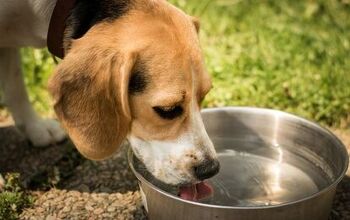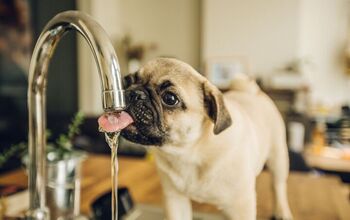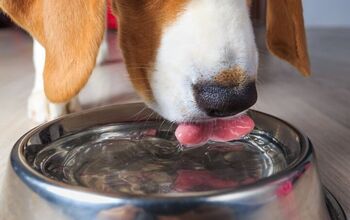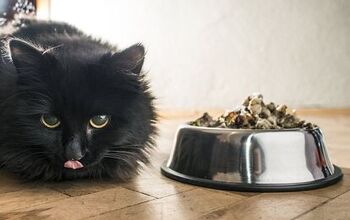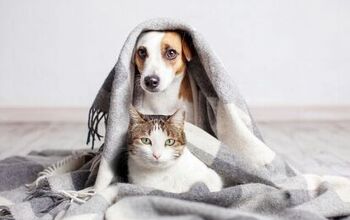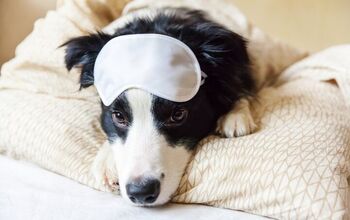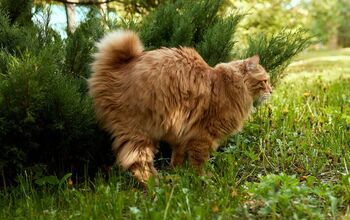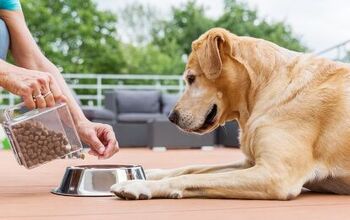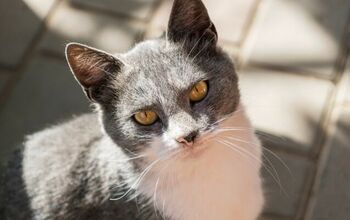How Much Water Should a Cat Drink?

Drinking plenty of water is very important for cats, especially in the hot summer months. Of course, it’s up to you to ensure that your feline friend stays properly hydrated, as they are usually not big on drinking water – but it ensures their well-being and good health. Cats can often be picky and peculiar when it comes to their drinking habits, which makes their owners unsure as to how much water a cat should drink in the first place. This amount can vary based on several factors, including the cat’s diet, weight, age, and their health. Taking all these aspects into account can help you provide the best possible care for your furry feline friend.
How Much Water Should a Cat Drink Each Day?
It has to be said right away that one of the most significant factors that influences a cat’s water intake is its diet. Cats primarily eat either dry kibble or wet food, and each type of food has a very different moisture content. For example, dry kibble contains just 10% moisture, while wet cat food can contain up to 80% moisture. Because of this, kitties that consume dry food will naturally need to drink much more water to compensate for the lack of moisture in their diet. In contrast, cats that eat wet food may drink less water, since they get a lot of their hydration from their food. Incorporating wet cat food into your pet’s diet can increase their liquid intake. Even mixing a small amount of wet food in their dry kibble can help up the moisture content. For those particularly finicky felines, liquid treats are always a good way to entice them into hydrating, the unconventional way – if they are stubborn when it comes to drinking more water, they might be more open to liquids if they have a savory flavor they love.
The age and weight of the cat also play a role in determining their water needs. Generally, an adult cat will need roughly 100 to 150 milliliters (3.5 to 4.5 fl. oz.) of water per 3 kilograms of body weight, each day. Kittens, on the other hand, require more water per pound of body weight because of their rapid growth and high energy levels. This also needs to be taken into account.
Equally important are your cat’s health conditions, as they can also affect their water intake. For instance, cats with kidney disease or diabetes may need to drink more water than healthy cats. These conditions often cause increased urine production, leading to higher water loss, which must be compensated by increased water intake.
Of course, as a caring owner, it is your duty to ensure your cat drinks enough water, especially if it eats primarily dry food. Remember that cats prefer fresh, clean water. Make sure to change the water in their bowl daily, or use a dedicated fresh water dispenser or a cat water fountain. Pet fountains are usually a safe bet with felines since many cats are attracted to running water and are more likely to drink from things such as faucets – a cat fountain is a more acceptable alternative, though. If a fountain is not an option for your household, you can also place several water bowls around your home to make it convenient for your cat to access water. This is particularly important in multi-story homes or households with multiple cats.
In summary, keep in mind that proper hydration is essential for a cat’s health and well-being. By making sure they drink enough water, you can help your feline friend stay healthy and happy. You should also be aware of any signs of dehydration, such as lethargy, dry gums and mouth, loss of appetite, sunken eyes, or similar. If you notice any of these signs, it is crucial to seek veterinary help as soon as possible. Severe dehydration can be life-threatening and requires immediate help.

A proud mama to seven dogs and ten cats, Angela spends her days writing for her fellow pet parents and pampering her furballs, all of whom are rescues. When she's not gushing over her adorable cats or playing with her dogs, she can be found curled up with a good fantasy book.
More by Angela Vuckovic








